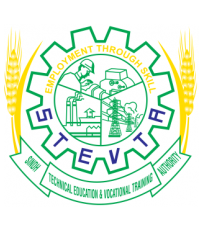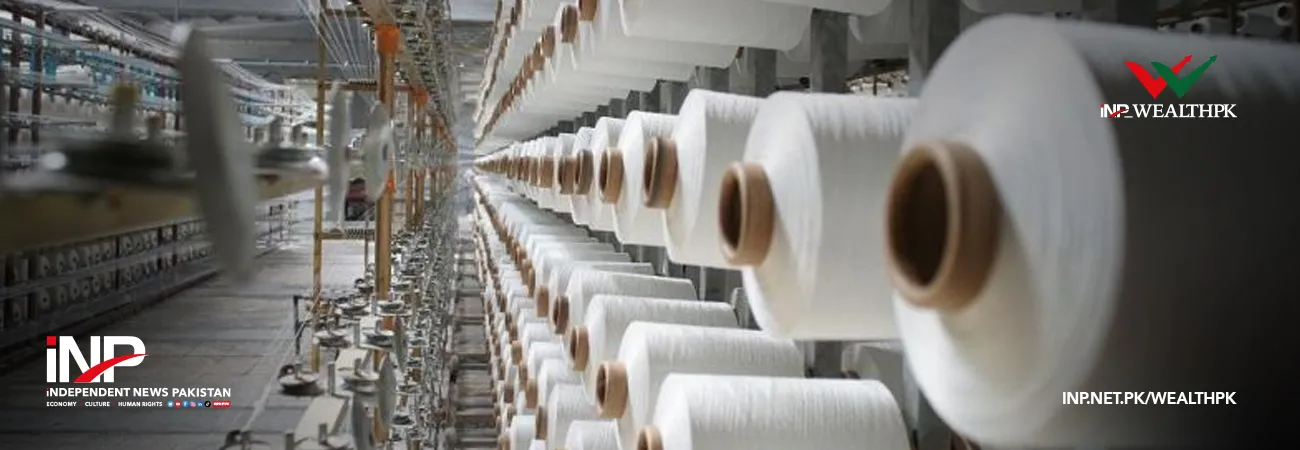INP-WealthPk
Ahmed Khan Malik
The low level of education and skills in the labour force is one of the major causes of low productivity, unemployment and increasing poverty in Sindh, experts highlighted.

The Sindh Technical Education and Vocational Training Authority (Stevta) is confronted with a number of issues. For example, there is a mismatch between the skills imparted and needed in the labour market, they pointed out. In order to ensure that Stevta caters to the needs of individuals, enterprises and the economy at large, it is important that the skills development strategies and policies are based on actual labour market needs. “This requires building an effective labour market system that could provide comprehensive labour market information,” Tanzeel Hussain, an industry expert, told WealthPK.
He said that availability of labour market information was the foundation for designing labour, employment and skills development strategies that foster decent and productive employment and macroeconomic policies. He noted that human resource development, employment and skills development strategies to promote opportunities of decent employment should be based on up-to-date labour market information. Tanzeel said that an important factor limiting employment growth and a major constraint on reducing poverty was the low level of education and skills in the labour force of the province.
“It has been one of the principal causes of low productivity and employment creation in most sectors of the economy,” he noted, saying that Stevta system was not sufficiently adapted to labour market requirements, and only covered a small proportion of the training needs. Marghoob Usmani, an expert on industrial workforce training, told WealthPK that industrial institutions further suffered from a lack of decentralised decision-making, insufficient funding, low wages and low levels of staff motivation. “All of these have a negative impact on quality and efficiency.
To ensure that the labour market develops in an efficient way and generates decent work for all, the government should formulate robust employment policies,” he said. Usmani pointed out that designing decent employment policies required comprehensive collection, organisation and analysis of labour market information. To productively utilise the growing youth labour force, he suggested promoting market-led skills development and instituting the national youth service policy reforms apart from other targeted youth entrepreneurship programmes.
He said that productivity was low in key sectors with higher labour intensity, including agriculture, construction and commerce. To effectively improve productivity, he emphasised the need to develop a market responsive, efficient and robust skill development mechanism in collaboration with public and private stakeholders. Usmani called for investment in education and training to improve the productivity of workers and encourage innovation to boost economic growth and living standards. “World-class skills, education and training have been identified as the key areas in which Sindh can develop competitive advantage in building sustainable enterprises.”
Credit: INP-WealthPk













